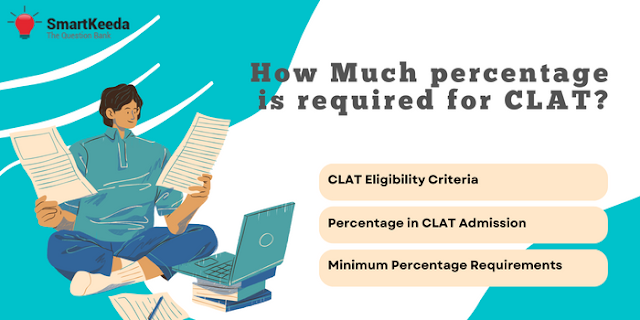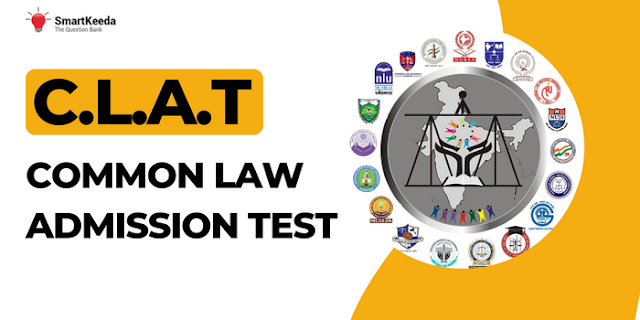Demystifying CLAT: How Much Percentage is Required for Common Law Admission Test?
The Common Law Admission Test (CLAT) is a highly sought-after examination for aspiring law students in India. As candidates prepare for this rigorous test, one common question looms large: How much percentage is required for CLAT? In this blog, we will delve into the intricacies of CLAT eligibility criteria, shedding light on the minimum percentage required and other essential aspects that candidates should be aware of.
Understanding CLAT Eligibility Criteria
CLAT is the gateway to prestigious National Law Universities (NLUs) across the country. To be eligible for this examination, candidates must meet certain criteria set by the Consortium of National Law Universities. One of the key eligibility requirements is the educational qualification.
Educational Qualification
To be eligible for CLAT, a candidate must have completed the 10+2 examination or its equivalent with a minimum percentage. The specific percentage requirement may vary slightly from year to year and across NLUs. Generally, candidates are required to have secured at least 45% marks in the qualifying examination for the General category, while there is a relaxation of 5% for candidates belonging to SC, ST, and OBC categories.Importance of Percentage in CLAT Admission
While the eligibility criteria set the minimum percentage required to appear for CLAT, it's essential to understand that the competition for NLUs is intense. The CLAT score is a significant factor in the admission process. Higher scores open up more opportunities for candidates to secure admission in their preferred NLU and course.Best Study Material for CLAT 2025
Minimum Percentage Requirements
The minimum percentage requirement for CLAT varies from university to university. Typically, NLUs set the bar between 45% to 50% marks in the qualifying examination for General category candidates. However, this percentage requirement may differ for reserved categories such as Scheduled Castes (SC), Scheduled Tribes (ST), and Other Backward Classes (OBC), with a relaxation of around 5% to 10%.It's important to note that meeting the minimum percentage requirement does not guarantee admission to a prestigious law school. CLAT is a highly competitive exam, and candidates are evaluated based on their CLAT scores, which are normalized to adjust for differences in difficulty levels across different sets of the exam.

.png)


Comments
Post a Comment